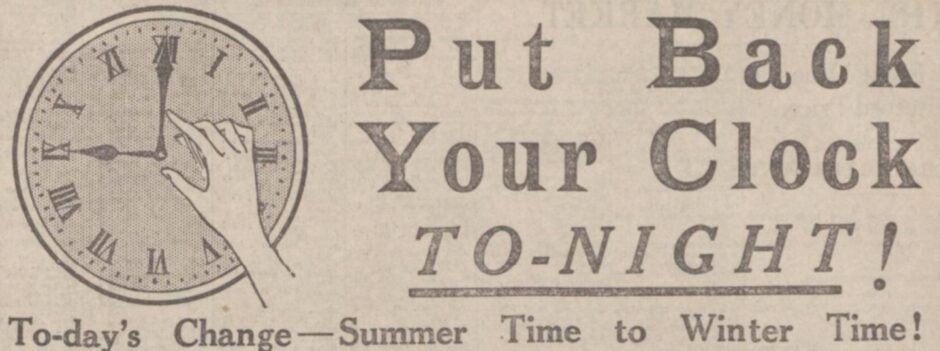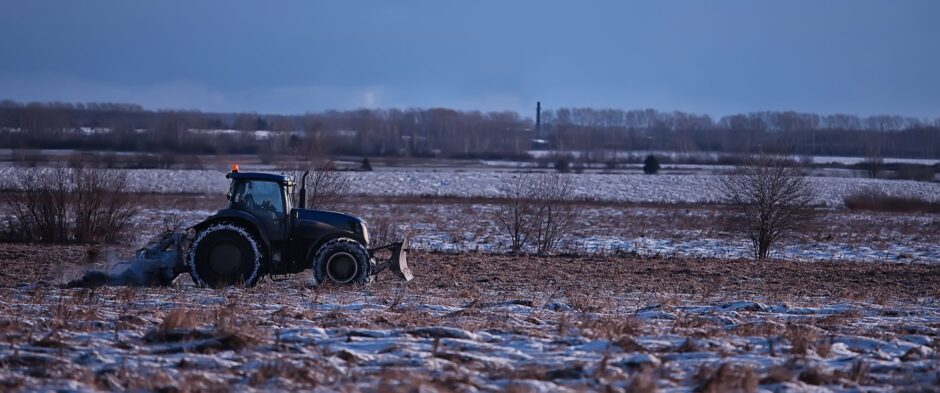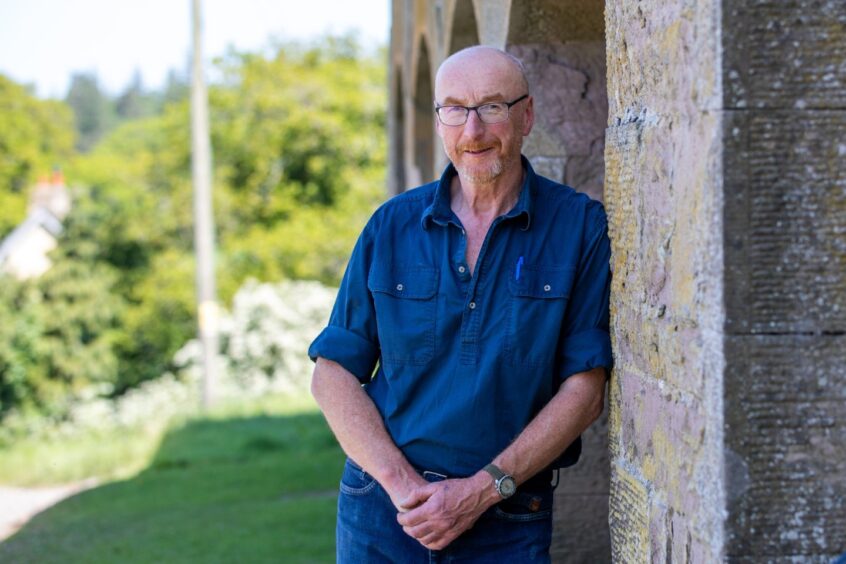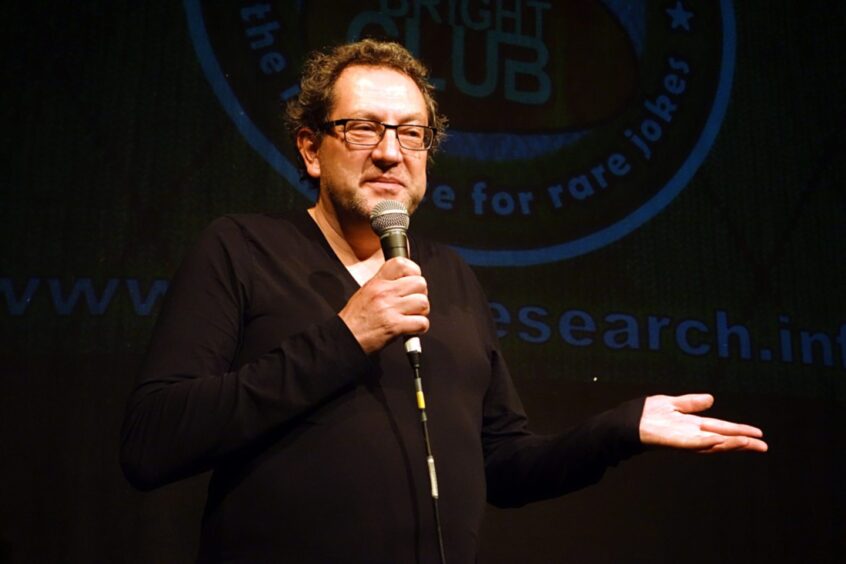
Tonight, the clocks will go back by one hour at 2am, meaning that for sleepy souls, Sunday holds the promise of an extra hour in bed.
The shift from British Summer Time (BST) back to Greenwich Mean Time (GMT) is known as ‘daylight savings’, and the idea is to move an hour of sunlight from the evenings to the mornings as winter draws in.
This means that morning commuters and early risers will see the sunrise before starting their working day.
But for those who dread the dark nights, the clock change is bad news, as it signals one less hour of light in the evenings.
So it’s no surprise that the clocks change sparks renewed debate every year: Should we change the clocks? And if not, which time do we stick with – GMT or BST?
For Perthshire farmer Brian Henderson, the answer is simple: stick with the clocks change.
Morning light is vital for farm workers
“BST is great in the summer as it gives an extra hour of light to get on with work in the evenings and into the night over the summer months,” he says.
“But in the winter it would rob us of an hour’s light in the morning, an important time for checking and feeding stock.
“While dark mornings could be countered by lights in buildings and on vehicles, BST doesn’t really offer much of a solution when you’re checking animals outside in winter time,” Brian continues.
“And, for welfare reasons this is always the first job of the day rather than something you can do later on.”
“To some extent I suppose that farmers could just alter their hours of work – but there are big enough problems for many within the industry when it comes to getting the opportunity for social contact and interaction as it is, without effectively living in a different time zone.”
‘Children would be going to school in the dark’ if we didn’t change the clocks
Even looking beyond the farming industry, Brian believes reverting to GMT in winter is what’s best for most people.
“There’s also a real psychological issue with starting work and knowing that there will still be four or five hours before the sun rises,” he says.
“It can be bad enough with the hour change but adding an additional hour of darkness to the start of the day would be grim for everyone.
“With the change in place, though things might be dark for the trip home at night, at least there might be a glimmer of light for the majority of folk during their morning commute.
“Whereas with less than eight hours of daylight in Scotland by midwinter, both journeys would probably be made in the dark if we kept BST.
“And on top of this children would be going to school in the dark for several months of the year.”
‘Settle on one time and stick to it’ says professor
However, Dundee University emeritus psychology professor Trevor Harley doesn’t think the answer is quite so simple.
“The short answer is we should settle on one time and stick with it,” insists Trevor, 65.
“There’s a huge amount of evidence that the clocks changing is bad for everybody, and in autumn when they go back, depression increases. It’s essentially the same as jet lag, and we know jet lag is very unhealthy.
“So the change itself is bad, and we should avoid it if possible. But then the problem is, do we settle on GMT or BST? And the answer to that isn’t so clear.
“In Scotland, we have too much light in summer and not enough in winter. So it depends when you want that limited light to be. And you’re never going to satisfy everybody.
“Personally, I would stick with BST all the time, I think that’s the simplest compromise,” continues Trevor, who specialises in the effect of weather on human behaviour and mental health.
Employers should ‘shift working day’ to maximise time in the light
“People prefer light in the evening and in Scotland, the evening in winter, it is utterly miserable. I suffer from seasonal affective disorder (SAD) and I think I and a lot of other people dread the perpetual gloom of winter, particularly the lack of sunshine in the evening.
“Although paradoxically, the morning light is healthiest for us. It helps reset our biological clock, affects hormone production, and affects our mood.
“Where possible, I’d encourage people and employers to shift their working day to maximise time in the light, and schools too.
“It’s the case anyway that children and teenagers don’t function particularly well early in the morning, science shows that.
“Work and society get in the way of people’s health a bit. Our sleep patterns have got out of sync with nature ever since industrialisation.
“Sticking with BST year-round would mean no change of the clocks twice a year, which is the most harmful thing, and it would give you light in the evening, which is when most people want it.
“Plus the accident rate is lower when we use BST.”
What do you think about the clocks change?
Let us know in the comments below.





Conversation